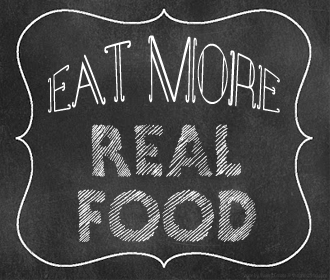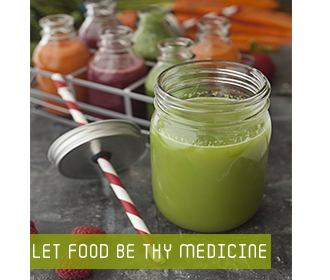Migraines are awful. We’ve all heard or experienced the horrible pulsating pain, the sensitivity to light, and poor sleep, not to mention its effects on work and school. Our regular method of coping is to pop an NSAID or turn off the lights and go to bed, but there are more natural ways of combating migraines by looking at our diet and how it affects us.
Migraines can be triggered by additives, especially artificial dyes such as tartrazine and monosodium glutamate (MSG), as well as a class of foods called vasoactive amines, which contain histamine or serotonin and can cause vasodilation. Common foods that are classified as vasoactive amines include
<ul>
<li>Chocolate</li>
<li>Alcohol </li>
<li>Vinegar-containing foods (e.g. pickles, mayonaise, ketchup, etc.)</li>
<li>Cheese</li>
<li>Processed meat (e.g. deli meats) </li>
<li>Strawberries</li>
<li>Sour cream </li>
<li>Foods with excessive saturated fat</li>
</ul>
It is best to avoid these foods as much as possible if you suffer from migraines. For most people, these vasoactive amines are broken down in the intestines, but for some people, they’re absorbed into the bloodstream and can wreak havoc on the smooth muscle cells that help control blood flow to the brain. While these trigger foods cannot be said to be an absolute cause, they can definitely be a factor in the formation of migraines. Another thing to look out for would be stimulants like coffee and tea, as they can cause dehydration that may be a factor in the formation of migraines.
Fortunately, there are dietary interventions that can <em>help </em>with migraines. Two nutrients are very important in reducing migraines: magnesium and L-carnitine.
Studies show that people who suffer from migraines actually have <a href=”http://www.ncbi.nlm.nih.gov/pubmed/9523054″ target=”_blank”>lower blood serum levels of magnesium and that magnesium may actually help reduce the severity of migraines</a>. Magnesium-rich foods include dark leafy greens like spinach and kale, sesame seeds, brazil nuts, and whole grains. As an added benefit, magnesium can help relax you during a migraine episode. L-carnitine works by <a href=”http://www.ncbi.nlm.nih.gov/pubmed/22895810″ target=”_blank”>boosting the efficacy of magnesium</a>. Meat, asparagus, and wheat germ oil are all good sources of L-carnitine.
Another way we can help combat migraines is by tracking our triggers. When you feel a migraine start to come on, pay attention to environmental cues such as flickering lights, traffic noise, etc. as well as dietary triggers. Ask yourself, “What did I eat recently?” Hopefully this will allow you to come up with a pattern so that migraine episodes are reduced in the future. For women, drops in estrogen around menstruation or menopause are thought to be a factor that contributes to migraines, so eating foods like flaxseed or sesame seeds, which both contain phytoestrogenic lignans, can help boost estrogen levels and may help with migraines.










